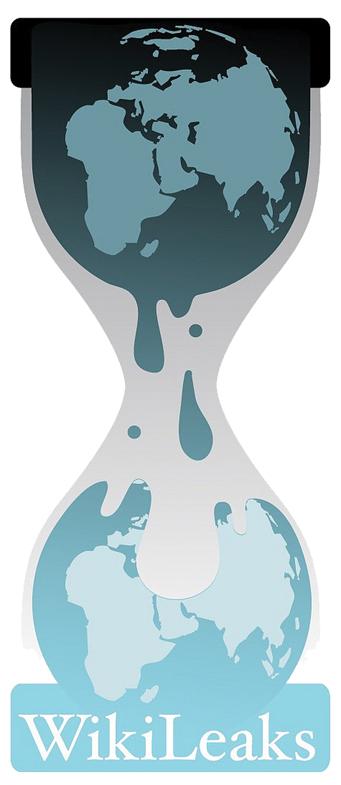Open government is good government
Wikileaks Logo
November 30, 2010
In a memorandum from President Barack Obama, the promises from throughout his election campaign were put on paper: The Obama administration was going to have an unprecedented level of openness and transparency.
Since that memorandum was published, there has been no real momentous shift toward a transparent government. Sure, there was the creation of data.gov and a few concessions here or there, such as the recent Controlled Unclassified Information policy, but nothing really stuck out as the “unprecedented level of openness” that was promised.
The idea of a transparent U.S. government has always been a bit of a farce. The Freedom of Information Act of 1966 was enacted to allow American citizens a clear ability to know what their government was doing. The act was originally given nine exceptions to what could be released, and subsequently has had further exempted more materials on the basis of national and personal security.
Beyond what shows up on C-Span, there is little insight into the day-to-day actions of a government that we elect and pay taxes to fund.
As of Sunday, the game has changed. WikiLeaks, a website devoted to releasing classified documents, has started publishing private American diplomatic cables from the 1960s all the way up to February of this year. Secretary of State Hillary Clinton has decried the leak, amounting to more than 250,000 cables in all, labeling them as dangerous and threatening to national security.
From what I’ve looked at of the 270ish cables made available at the time of this article’s writing, nothing really appears to be all that threatening, shocking or even surprising. Some foreign leaders are called less-than-flattering things. Several countries fear an Iran with nuclear weapons. Several national governments have corrupt politicians.
Leading up to the leaks that began Sunday, several members of the military have inferred that the founder of WikiLeaks, Julian Assange, has blood on his hands. They say that Afghani informants named in some of the documents will most likely be killed as a result of those documents’ release.
I don’t condone the murder of anyone, but it seems quite hypocritical for these military personnel to criticize Assange while the civilian death toll of the wars in Iraq and Afghanistan is currently at more than 100,000 people.
While the Department of State might have some headaches with foreign relations, the bottom line for me is that the American public is better informed on what its own government is doing. Also, it appears that WikiLeaks has had no real detrimental effect — i.e. resulted in human deaths — since it started publishing documents in 2006.
It’s laughable to have an administration that has promised unprecedented openness completely decry some of the most unprecedented openness of government since the release of the Pentagon Papers.
As it states in the Obama memorandum mentioned at the start of this article, “Openness will strengthen our democracy and promote efficiency and effectiveness in government.”
I just hope the current release of information won’t make the Obama administration reticent to maintain their open-office policies in the future.

















